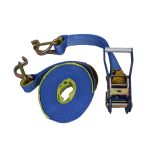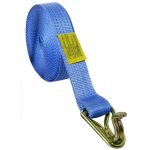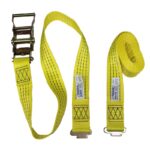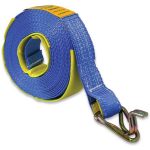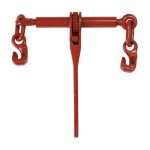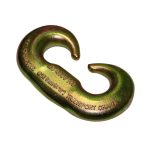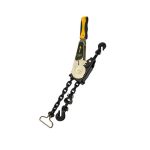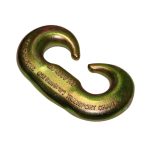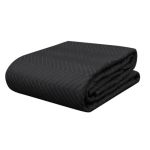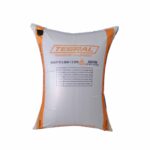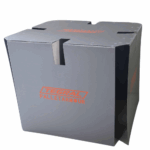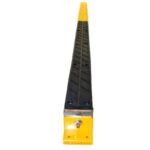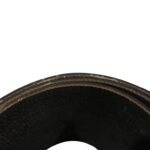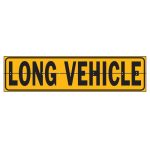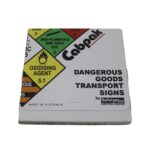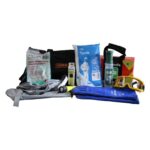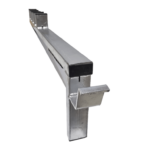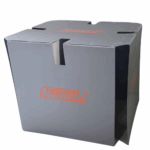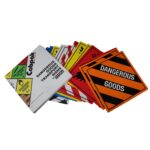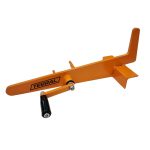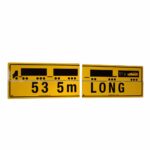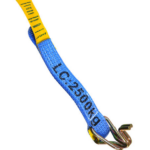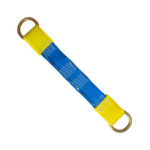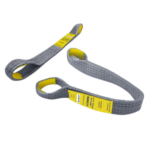According to studies, not having slept for more than 17 hours can affect your driving ability the same as a Blood Alcohol Concentration (BAC) of 0.05. Not sleeping for 24 hours has the same effect as having a BAC of 0.10, double the legal limit.
It is known to be one of the major causes of road accidents in Australia and had killed hundreds of drivers and pedestrians on the road. Fatigue can cause a driver to drift across to the incorrect side of the road and collide head with another vehicle. Many of these crashes occur late at night or early in the morning.
 A professional driver needs to understand the causes of fatigue and how to determine early warning signs to avoid any casualties.
A professional driver needs to understand the causes of fatigue and how to determine early warning signs to avoid any casualties.
Fatigue is caused by many factors, including:
Sleep factors
- Getting less sleep than you need.
- Getting less sleep than you need over a number of days.
- Trying to sleep during the day.
Time of day factors
- Working when you should normally be asleep.
- Working in the early hours of the morning.
- Working in the early afternoon after a heavy lunch.
- Sleeping during the day when you would normally be awake.
Work factors
- Long driving hours.
- Night time driving.
- Irregular hours and early starting times.
- Tight scheduling.
- Insufficient time to recover from previous work.
- Doing non-driving physical work such as loading and unloading.
- Poor driving conditions such as hot or wet weather.
- Monotonous driving.
Physical factors
- Poor health and fitness.
- Emotional issues.
- Medical sleep problems.
Signs of driver fatigue
Driver fatigue severely impairs your concentration and judgment; it slows your reaction time. Watch for these early warning signs of driver fatigue:
- Yawning.
- Poor concentration.
- Tired or sore eyes.
- Restlessness.
- Drowsiness.
- Slow reactions.
- Boredom.
- Feeling irritable.
- Making fewer and larger steering corrections.
- Missing road signs and taking wrong turns.
- Having difficulty staying in the lane.
- Microsleeps where you ‘nod off’ for a short time.

Listening to the radio, drinking coffee and opening the windows or vents for fresh air are not sufficient to prevent fatigue over long trips. If you are tired, the best thing you can do is to pull well off the road and sleep. There is no substitute for sleep if you are tired.
How to avoid Fatigue:
- Resting and sleeping are the two most important ways to combat fatigue. Having a good night’s sleep before you start your trip or resting early on in the trip will prevent from having a fatigue.
- Take regular 15-minute breaks at least every two hours. Get out of the car, get some fresh air and some exercise.
- Never drink alcohol before or during your trip.
- Never drive longer than the legal work and rest hours, or agree to a roster that is longer than the legal work and rest hours.
- Eat well balanced meals at your usual meal times. Avoid fatty foods, which can make you feel drowsy.




